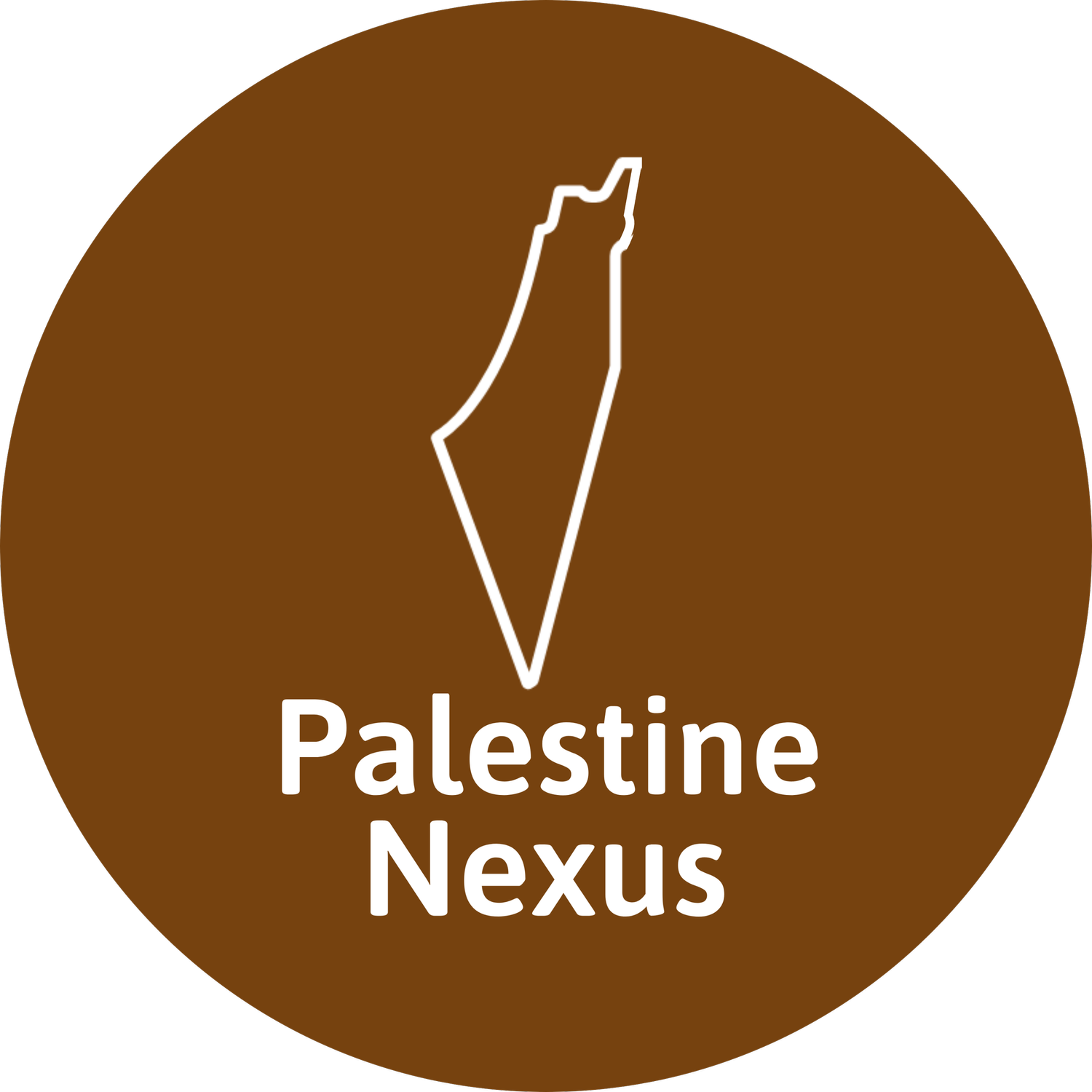The Life of Abdul Karim Tawfiq during the Genocide.
The destroyed home of Abdul Karim Tawfiq in Jabalia refugee camp. Photo credit: Hani Qarmoot, May 8, 2025
On the night of October 31, 2023, just three and a half weeks into the slaughter, Abdul Karim Tawfiq, 42, was spending the evening with his mother on their rooftop home in the Jabalia refugee camp in Gaza, Palestine.
Without warning, the concrete collapsed from under them as a detonation ripped through the silence, transforming everything around them into a graveyard of smoke and rubble.
Abdul Karim and his mother laid gasping for air amidst layers of dust and the stifling stink of gunpowder. For thirty minutes, both were buried beneath the ruins.
"Say the shahadatayn, not screams," Abdul Karim's mother whispered as she looked at her son in those painful minutes, her strength ebbing away. Her last breath was taken in silence. Israel suffocated her to death.
Abdul Karim’s soul was roaring with thunder. "My mother's martyrdom did not weaken me," Abdul Karim told me, his gaze firm. "It deepened my ties to this land. I will be as strong as the olive trees—because this is our nation. No hostile forces can pull our roots from this ground."
At the time, Israel had already killed 8,525 Palestinians in the Gaza Strip, 67% of whom were children and women, injured 21,543 and ordered 1.1 million Palestinians to leave the north, dozens of whom were slaughtered as they fled. The result was toal anarchy in North Gaza.
Abdul Karim, his brother, and a devoted friend carried their mother's body across the killing fields to the Beit Lahia Cemetery, less than a mile from the front line. They dug her grave with their bare hands amidst the fevered hum of drones buzzing overhead and the whispers of bullets dispatched to kill them. As they put her body to rest, Abdul Karim told me the soil turned sacred. He said it was a gesture of dignity, love and rebellion.
But there was no rest. Bombs dropped like rain and hunger gnawed like wolves. And so, under a sky blackened by airplanes, Abdul Karim, crushed by the loss of his mother, had no choice but to flee north Gaza. He found temporary refuge in Rafah, where some 1.4 million Palestinians or two-thirds of Gaza’s population had crammed into. He lived in terror and canvas for five months. As Abdul Karim told me, each month in Rafah felt like fifty years. "My roots were being pulled out of the ground when I was away from home."
Then, Israel invaded Rafah in May 2024, forcing Abdul Karim to relocate again to Khan Yunis. The rounds of gunfire, the rumble of tanks and the roar of bulldozers filled the airways for months and months. Everyday, Abdul Karim awoke to the jarring sounds of mass home demolitions, the soundtrack to Israel's scorched earth policy. He felt as though the land was itself crying out in agony.
Clutching hope like a lifeline, he escaped again to the ravaged al-Mawasi region, the coastal strip west of Khan Yunis home to just 9,000 people before the war. Israel turned these sand dunes into a tent city of hundreds of thousands refugees without access to any of life’s basic provisions. Abdul Karim thanked God that his mother did not have to experience another eight months of protracted misery and grief, a forced exile especially cruel to the old.
Then came rumors of a cease-fire and a glimmer of hope. Abdul Karim's heart pounced with anticipation. He would be able to reunite with his mother, even if it was just her remains. When a ceasefire went into effect in January 2025, Abdul Karim returned to the North, trekking through the rubble, and proceeded directly to his mother's tomb. He finally reached her burial site only to discover there was nothing left of it. Israel desecrated the graves and destroyed the cemetery. It is one of at least 16 cemeteries in Gaza desecrated by Israel.
Abdul Karim’s voice cracked as he recounted this part of his life during the genocide. "I lost her twice. Once when she died and once when I learned they did not even let her rest in peace.”
Abdul Karim started to pray more. Every time he prayed, he thought of his mother, her face etched into his spirit like an olive tree rooted deep in the ground.
"I am the son of this land," he told me, "and my mother's soul is with me even if her grave was taken from me. And I'm not going to bow. I'll keep getting up until justice and peace are restored.”


